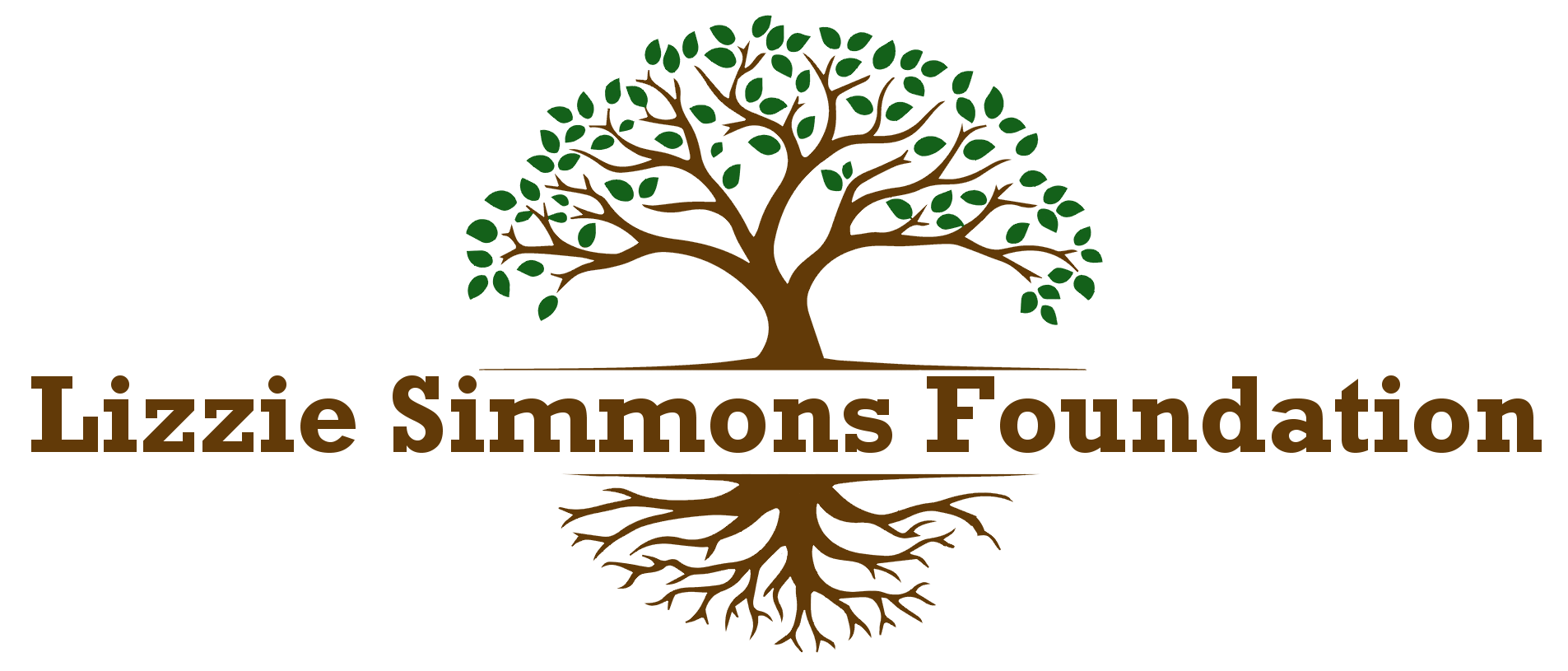How to Build Community and Cultivate Customers

“I define community as an intentional space where people show up with a shared purpose to connect and co-create a collective vision to move us forward,” Ana Flores explains. Community has always been central to the content creator. She spent more than 15 years working at Spanish-language television networks for U.S. Hispanic and Latin American audiences before striking out on her own to create the award-winning bicultural parenting site, SpanglishBaby. In 2010, Flores went on to found #WeAllGrow Latina, the first network for Latina digital influencers, bringing her community-first approach to connecting content creators with major brands.
In a webinar moderated by our COO Gabrielle Raymond McGee, Flores outlined her seven principles of community building in the online space. She recommends beginning to create your community on Instagram, but says Facebook groups, both public and private, are a great tool as well. As Flores has found in her career, an engaged following can easily become loyal customers.
Flores says building your community begins with identifying your purpose. “Ask yourself, how do I want people to feel?” she explains. Your purpose informs everything you do: the products you create, the content you share and the other brands you choose to work with. Business owners need to be transparent about their purpose. One way to do this, Flores advises, is by creating a community mantra. It tells your followers how they should feel as they interact with you.
Patience
Flores’ network of over 200,000 social media followers didn’t appear overnight, and neither will yours. “Just like any true relationship, it takes time to build trust,” she says. Flores also warns businesses and content creators against purchasing followers because it undermines the community aspect of your brand (while also bringing down your engagement stats).
Watching your numbers grow is just the beginning; you have to develop a strategy that keeps their attention. “It’s not only building the community; it’s nurturing it,” affirms Flores.
Deep Listening
Remember that, even as the business owner, you are still building a community with others. That means listening to your followers’ concerns and understanding their values.
Social listening tools or a platform’s analytics can tell you a lot about who your followers are, but the “deep” part of deep listening comes from actual two-way conversations with followers. Listening can be as simple as posing a question to your audience. “Maybe just ask them, what can I do for you?”
Engagement
Once your followers have told you what you can do for them, it’s then your job to go above and beyond to provide value to your following. “Give more than you get,” counsels Flores. “It can look like free webinars, it can look like the content that you put out, it can look like inspiration, it can look like connections, it can look like networking.”
Connection
Not only do you want your customers to be connected to you; you want them to be connected to each other. Flores emphasizes that people want to be emotionally invested in communities and, yes, products. “You can be that bridge that creates an emotional connection to your brand and to others,” she says. Having a community mantra is a great place to start, but there are other ways that your followers can connect.
Flores uses Oprah’s “aha moments” as an example. Oprah explains the magic of the “aha moments” she’s shared with famous guests in the past as something more than a sudden revelation:
“You think you’ve never thought of it that way before…But you can’t have an ‘aha’ unless you already knew it. So the aha is the remembering of what you already knew, articulated in a way to resonate with your own truth. So the aha isn’t somebody teaching you something; the aha is somebody helping you to remember.”
Watching two people share the moment of connection is powerful for the audience as well. “[Oprah] allows us to see ourselves in different ways,” Flores continues.
Alignment
Alignment is the pillar that supports the entire system. How can you make sure that each product, service or piece of content serves your purpose and your community’s needs? Just as community members need to be able to rely on each other, so do each of Flores’ principles. “These are not linear. They’re more like a spiral.”
